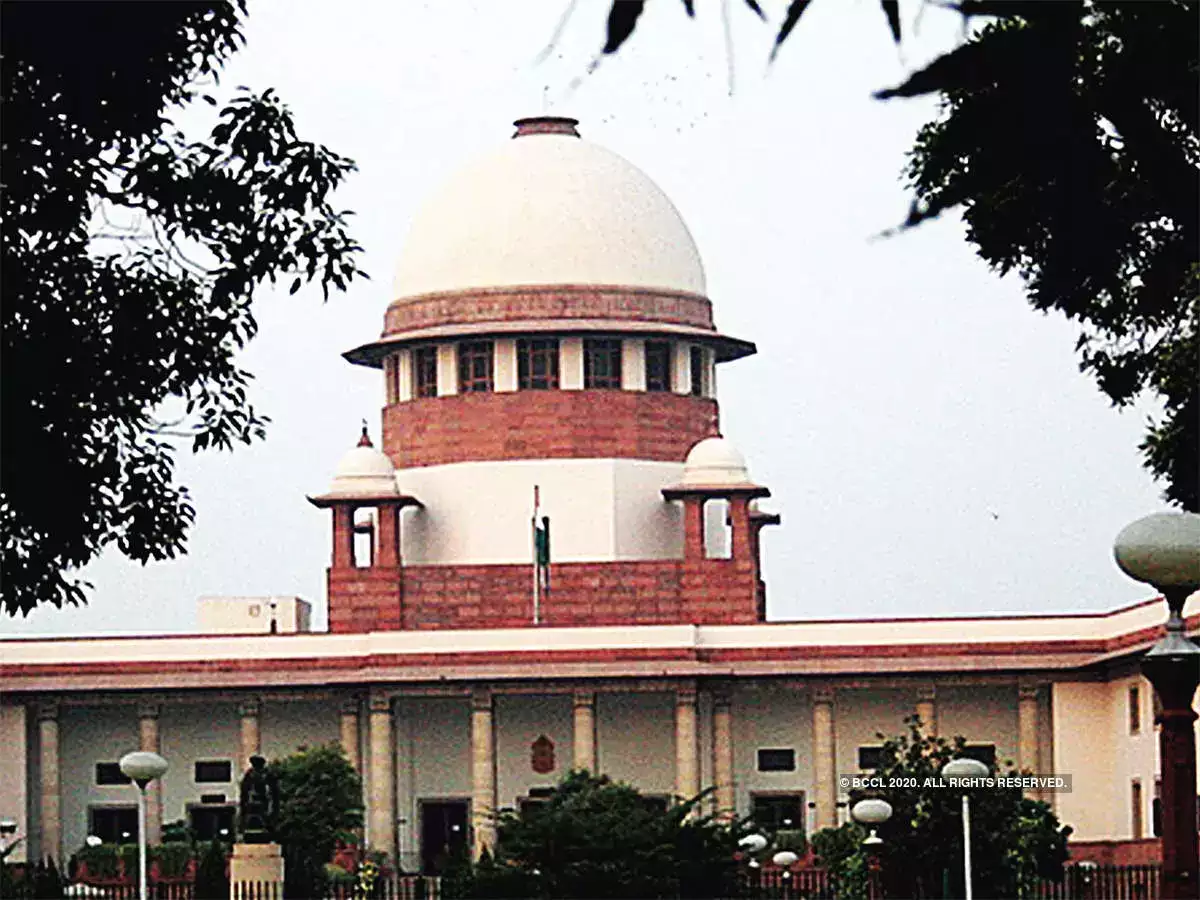New Delhi – In a highly unusual move, the Supreme Court has issued notices to National Company Law Appellate Tribunal (NCLAT) members Rakesh Kumar and Alok Srivastava, questioning their defiance of apex court orders in the Finolex Cables disputes matter. The Chief Justice DY Chandrachud-led bench expressed strong disapproval of the NCLAT bench’s decision to pass judgment in the case without considering its merit. The Supreme Court has set aside the NCLAT bench’s October 13 judgment relating to the annual general meeting (AGM) of Finolex Cables.
The bench, consisting of Justices JB Pardiwala and Manoj Misra, has further directed that the case will now be heard NCLAT Chief Justice Ashok Bhushan. The Supreme Court expressed concern over the failure of the NCLAT members to disclose accurate information, describing the case as an illustration of the current state of the NCLAT. The bench emphasized the need for orders to restore the court’s dignity and prevent parties from circumventing its directives through deceptive means.
The case revolves around the AGM of Finolex Cables and the legal battle between Prakash Chhabria and Deepak Chhabria for management control of the company. It is noteworthy that the Supreme Court rarely issues contempt notices against NCLAT members.
Last Friday, the Supreme Court directed the NCLAT chairperson to investigate an allegation that one of its benches delivered a judgment without adhering to the top court’s directions. The three-member apex court bench, headed Chief Justice Chandrachud, instructed the NCLAT to wait for the scrutinizer’s report before proceeding with its judgment and declaring the meeting’s results. However, the NCLAT’s two-member bench, consisting of Justice Kumar and Srivastava, proceeded with the order despite the report being uploaded later.
This incident has raised concerns and prompted the Supreme Court to take action against the NCLAT members, an unprecedented move in its history. The court’s decision to issue contempt notices reflects its commitment to upholding its own directives and ensuring the dignity of the judicial system. The NCLAT members will have to provide an explanation for their actions and face potential consequences for defying the Supreme Court’s orders.
As the case progresses, it will be closely monitored to determine the final outcome and the impact it may have on the functioning and credibility of the NCLAT.

